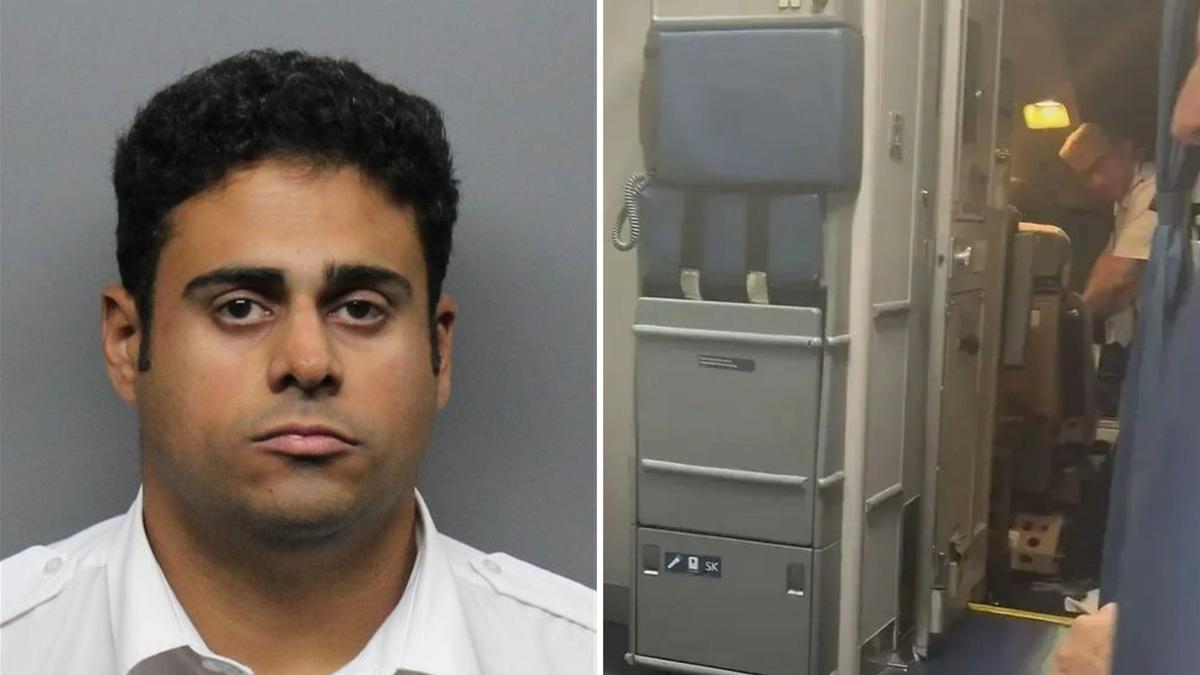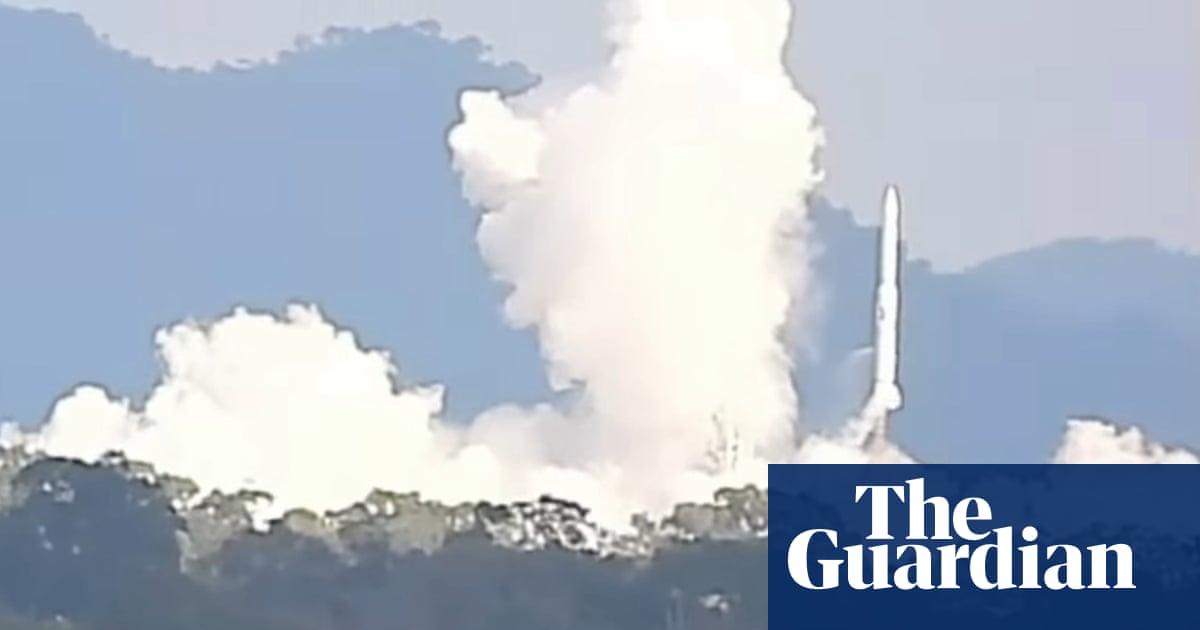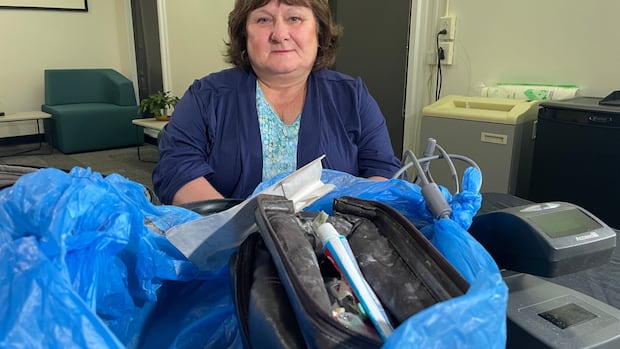Putin Faces Intensifying Economic Crisis as Central Bank Holds Interest Rates High

In a significant development for Russia's economy, the Central Bank of Russia has announced that it will hold its key interest rate at a staggering 21%. This decision represents a major setback for the nation as it grapples with a persistent economic crisis. According to the latest financial data released for April, inflation continues to loom at around 10.3%, a concerning figure that signals ongoing instability within the country’s economic framework.
Governor Elvira Nabiullina of the Central Bank stated that there was a broad consensus among officials regarding the necessity of maintaining tight monetary conditions for an extended period. The implications of this decision mean that businesses across Russia will continue to face significant financial strain as high interest rates escalate borrowing costs. Nabiullina emphasized the importance of stringent monetary policy in her statement, underscoring that, despite the challenges, it is essential for economic stability.
However, the governor's decision has attracted mounting criticism from various sectors, including furious calls for her resignation from some members of parliament. Lawmakers and business leaders alike are increasingly pressuring Nabiullina to reconsider the high interest rates, which are now at their peak level in 20 years. President Vladimir Putin has previously cautioned her not to “cryogenically freeze” the economy, reflecting the urgency of the situation. Sergey Chemezov, the CEO of Rostec, a major defense conglomerate and former KGB associate of Putin, voiced serious concerns over the sustainability of businesses under such harsh financial conditions. He warned that at the current interest rate, profits generated by companies are largely eroded by the interest payments owed to banks, creating a cycle of potential bankruptcy.
Chemezov further warned, “If we continue to work like this, then most of our enterprises will go bankrupt.” Alarmingly, reports indicate that bankruptcies in Russia are projected to be 20% higher in 2024 compared to the previous year, signaling a trend that could lead to widespread business failures. One such business feeling the pinch is Magnitogorsk Iron and Steel Works, Russia’s largest steel manufacturer, which has disclosed that its reserves are only sufficient for another six months and has expressed a “very negative” outlook for the year 2025.
Despite these troubling economic indicators, there is a glimmer of hope for the Kremlin as the Central Bank forecasts stabilization in oil prices at approximately US$60 per barrel in the near future. Given that oil and gas revenues typically account for a significant portion—between 30% to 50%—of the federal budget, any stabilization in this sector could provide much-needed relief to the struggling economy.
The economic situation in Russia remains precarious as the government must navigate the delicate balance between combating inflation and supporting economic growth. With mounting pressure from various stakeholders, the coming months will be critical in determining the future trajectory of the Russian economy.




























